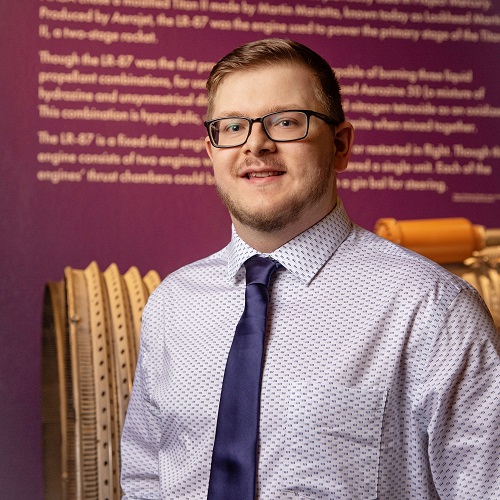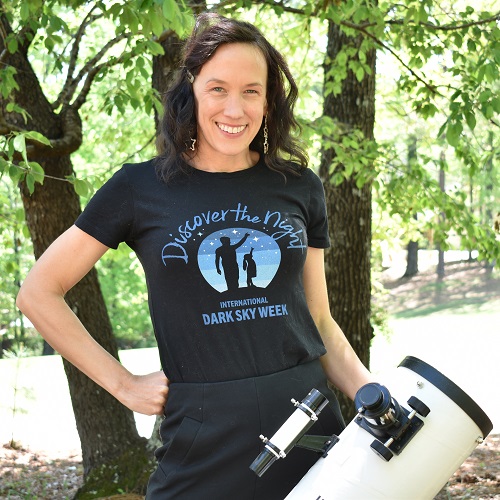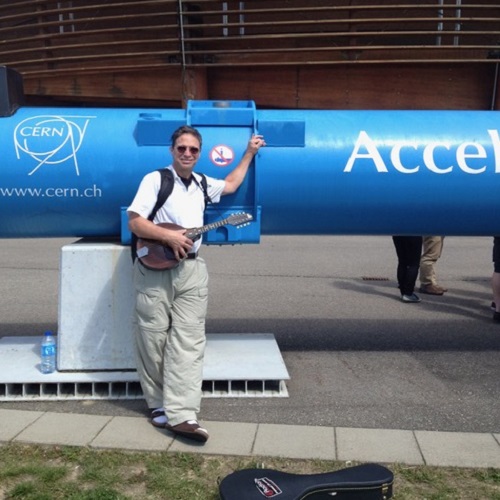Ambassadors
2023 Ambassadors
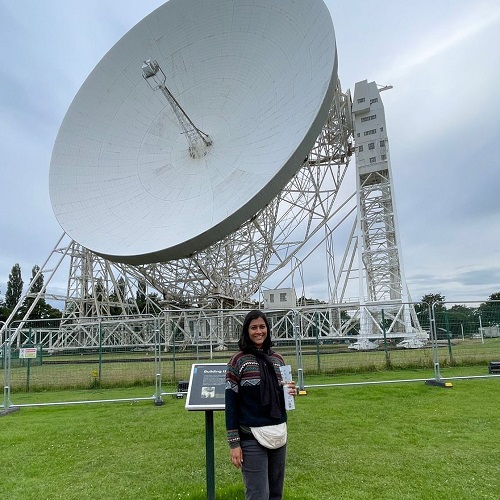
Anisha Vinod
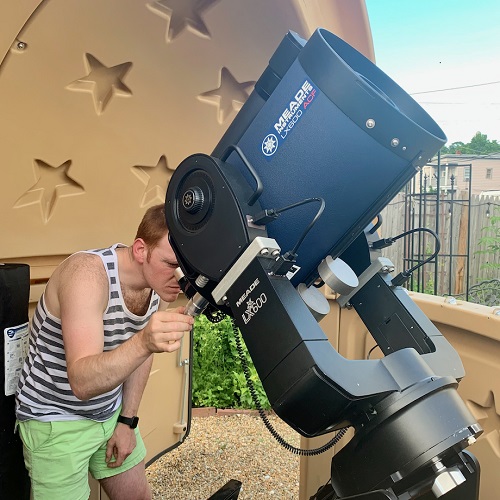
Joshua C. Judkins
Josh was fortunate to live in relatively dark Ithaca, NY during grad school, which led to first telescope purchases and learning the northern sky. Proximity to legendary Cornell Astronomy provided exposure to and training on the instruments located at the Fuertes and Hartung-Boothroyd Observatories. With his own telescopes, he learned the joy of sharing the sky with others via sidewalk outreach. Josh also enjoys astrophotography with his 12” Meade LX600 telescope. Since 2017, Josh has been a volunteer with the City of Lynn’s public High Rock Tower Observatory leading the monthly Starry Starry Night Program. Through the observatory, he reaches hundreds of people each year through Starry Starry Night and special outreach events including Boy and Girl scout troop visits, astronomy clubs, schools, churches, and camps. For special astronomical events, he streams from his home observatory. Josh was interviewed by local newspaper and has also appeared on local community television to speak about seasonal skies. Josh also books his telescope for private events like birthday, holiday, and company parties. Josh earned his BS in Biochemistry from Ohio Northern University, and MS and PhD in Chemistry and Chemical Biology at Cornell University. Josh completed a postdoc in Neuroscience Chemical Biology at Pfizer in Cambridge, MA and has been active in the biotech community in MA since. After Pfizer, Josh joined Thermo Fisher Scientific where he has been for over 7 years holding various life science-focused technical roles, and is currently a Cell & Gene Therapy Business Development Manager. Josh is a member of The Planetary Society and is a board member of LynnLab, LEAS Lab, Inc., Lynn Main Streets, and Lynn Shelter Association. Josh’s hobbies include gardening with husband Cam and cycling.
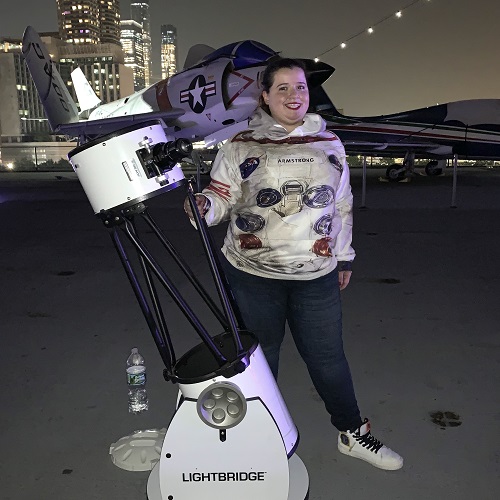
Katherine Troche
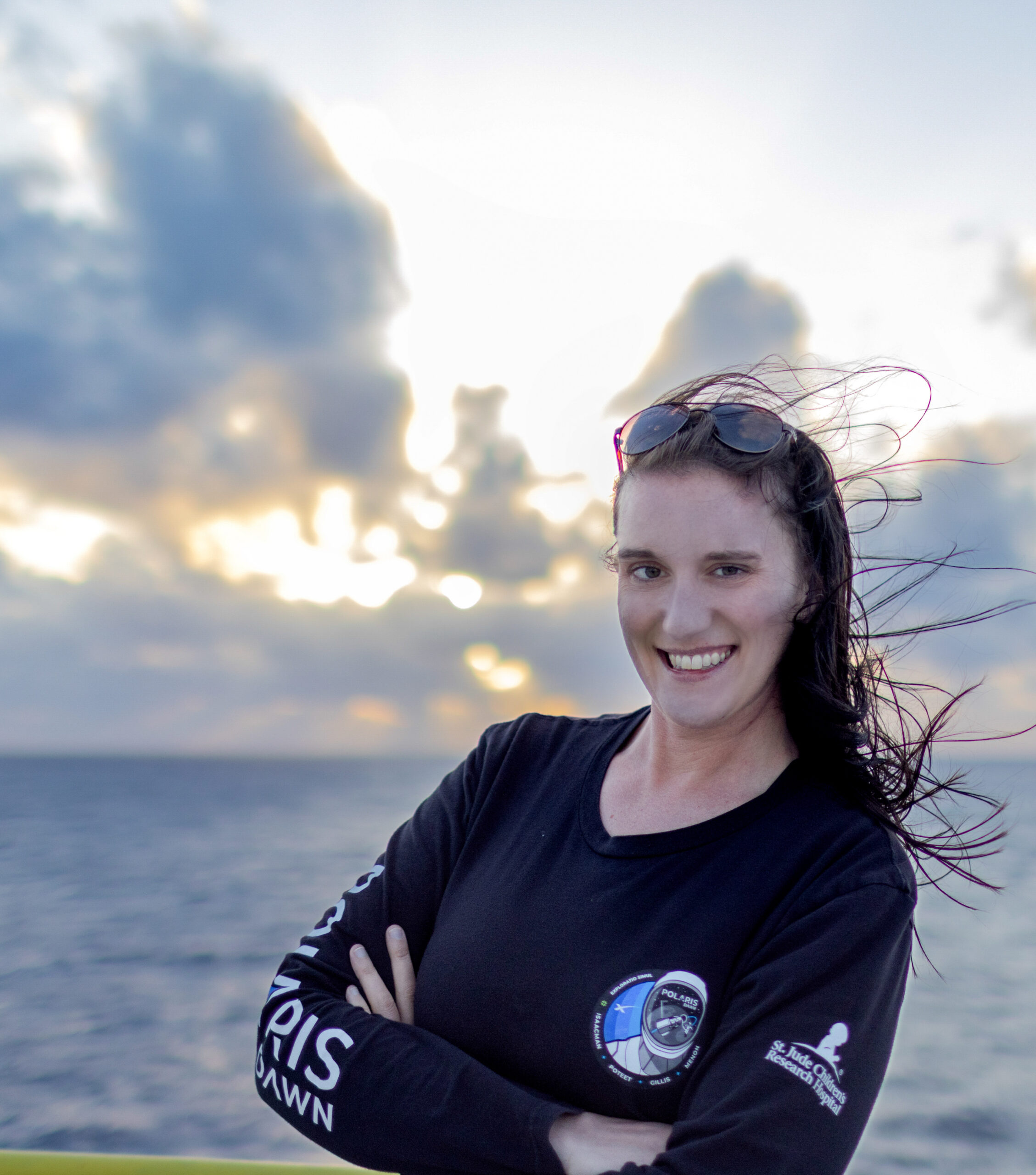
Sarah Treadwell
Sarah, aka: “Space Case Sarah”, accidentally discovered the career of science communication after getting her first telescope, observing the moon, and realizing she needed to show the night sky to as many people as possible. While she continues to be passionate about sidewalk astronomy, her work is communicating various space and astrobiology research, and it has taken her to some of the most extreme places on planet Earth. Last April, she sailed on the NSF funded ocean core drilling research ship, the JOIDES Resolution, to the middle of the Atlantic Ocean to the Lost City Hydrothermal Field. Upon return, she won a NASA SCoPE grant to communicate the Lost City research and its connection to future NASA missions, such as Clipper, utilizing OpenSpace. She earned a bachelors in English at Southern New Hampshire University, a masters in Communications at the University of Wisconsin – Whitewater, and is pursuing a PhD at the University of North Dakota in Communication. At her school, she is the researcher coordinator and science communicator for the Arctek Lab, which conducts research in Alaska in partnership with the U.S. Army’s Cold Region Research and Engineerings Lab. She is a science communication and education affiliate at Blue Marble Space Institute of Science, a NASA/JPL Solar System Ambassador, and is a bit of a thrill seeker, such as hiking up to Mount Everest Base Camp 1 and scuba diving around the world.
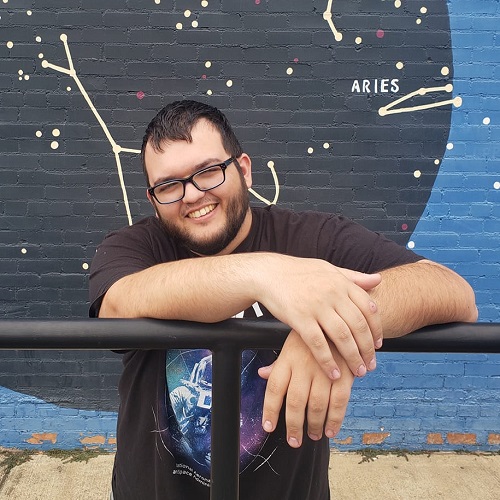
Liam Plybon
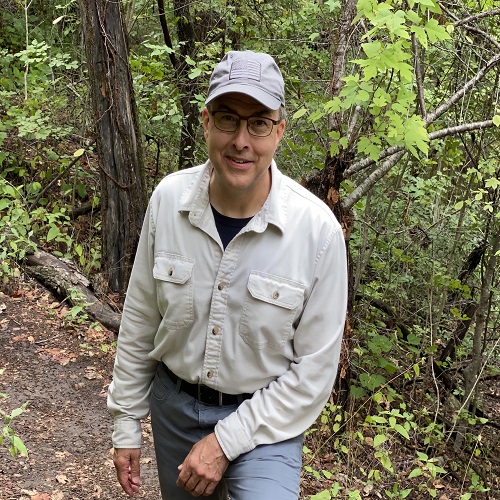
Michael Brewster
Michelle Wooten
Patrick Fahey
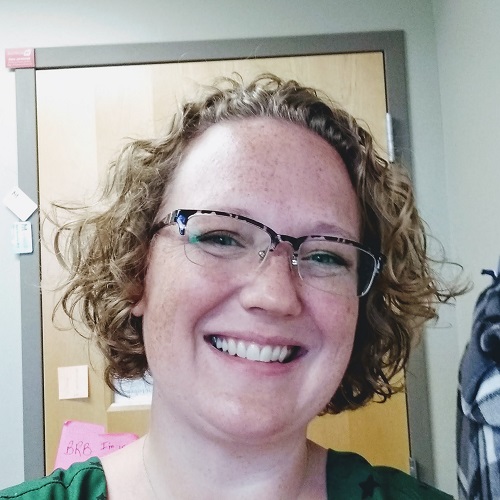
Sara Schultz
